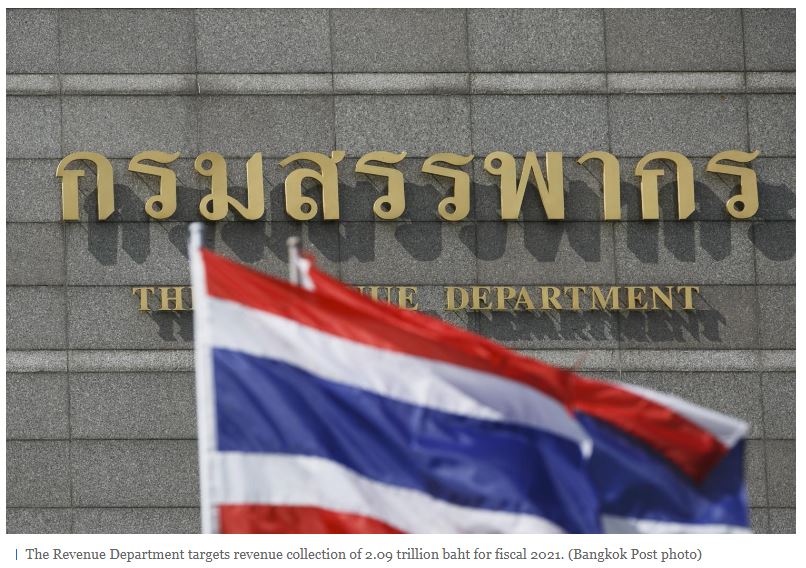Thailand: E-service tax poised to surpass B5bn
The Revenue Department expects tax revenue collection from the upcoming e-service tax to tally more than 5 billion baht per year as the pandemic crisis has stirred traffic on online platforms.
The department previously expected the e-service tax to generate revenue of 5 billion baht in the first year after it takes effect.
“The pandemic has caused the volume on online service platforms to spike significantly,” said Ekniti Nitithanprapas, director-general of the Revenue Department.
“We expect tax revenue collection from the e-service tax to be higher than previously assessed.”
The department targets revenue collection of 2.09 trillion baht for fiscal 2021.
Starting on Sept 1, overseas businesses providing online services in Thailand will be required to register for 7% value-added tax (VAT) liability if their annual income exceeds 1.8 million baht.
The e-service tax has been approved by parliament and published in the Royal Gazette.
E-service businesses liable for the VAT payment include those offering download services for movies, games, stickers, brokerage services and advertisements.
Overseas e-service platforms such as Apple, Google, Facebook, Netflix, Line, YouTube and TikTok, which all have annual income exceeding 1.8 million baht, are liable for VAT payment.
The Revenue Department is preparing to issue four organic laws to support the enactment of the e-service tax.
Of the four organic laws, two are ministerial regulations and two are notices from the department’s director-general.
“We already drafted the organic laws and they will be forwarded for approval. These organic laws are related to required practices for foreign e-service providers that conduct electronic transactions in Thailand,” said Mr Ekniti.
“These providers have to file a VAT registration form electronically and acknowledge regulations and penalties for non-compliance on VAT payment liability, such as account suspension.”
The guidelines for practices are in line with international standards and abide by the Organisation for Economic Cooperation and Development’s (OECD) advice on VAT liability and registration of foreign e-service providers, he said.
More than 60 countries have issued or amended their own VAT regulations in accordance with the OECD’s advice, including Australia, New Zealand, Taiwan, Singapore and Malaysia, said Mr Ekniti.
For e-service providers failing to comply with the e-service tax, the department has a review process and the legal authority to seek cooperation from 61 double taxation treaties, with a bilateral cooperation between countries, he said.
Source: https://www.bangkokpost.com/business/2072203/e-service-tax-poised-to-surpass-b5bn


 English
English




